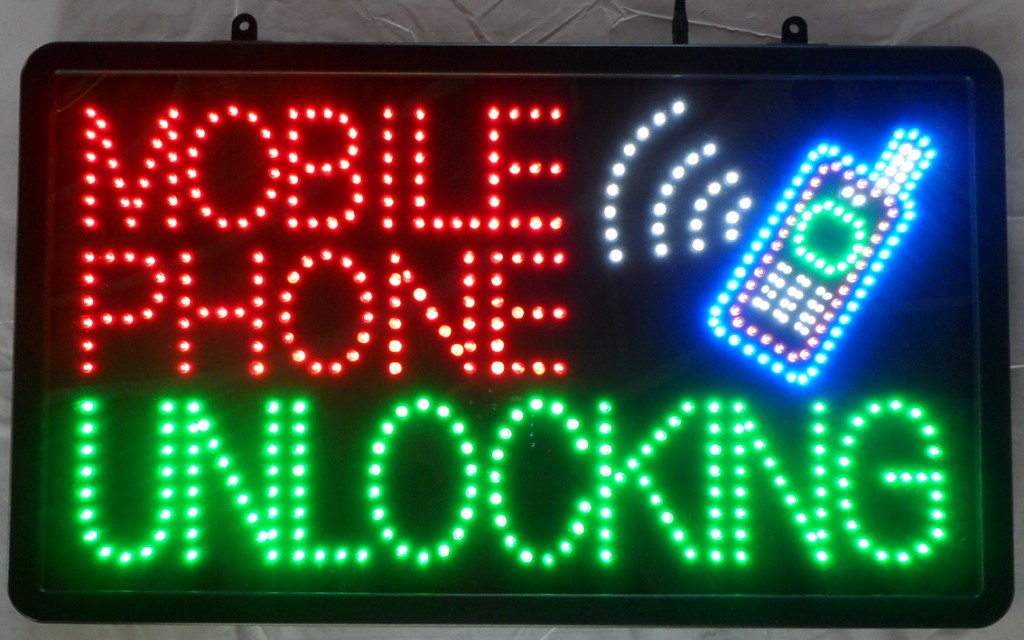Do you like this article?
With the news of Phone Unlocking being made illegal in the US earlier this week, we look at the potential impact on consumers.
Many people enjoy the freedom provided by an unlocked phone. Perhaps
you want to be able to switch carriers and not be tied down to one
provider. Or you may be an international traveler who needs to be able
to use your phone on different networks. With the phone unlocking ban implemented on Saturday, for the average law abiding citizen your options have become very limited.
The Digital Millenium Copyright Act
(DMCA), an anti-hacking law, has been interpreted by the Librarian of
Congress in a way that prevents users from unlocking their phones. It is
now illegal under this law. Unlocking a phone is
different from jailbreaking a phone. Jailbreaking refers to opening up
your device in a way that allows you to run additional apps and
software. Jailbreaking your smartphone is is still allowed under the
law. Unlocking your phone refers to either using code or a tool that
allows you you to free your device from the restrictions that prevent it
from running on more than one carrier’s network. This is what is now
illegal under DMCA.
Some carriers may be hurt by this law, as some have incentivized
users to switch service providers by allowing them to bring their own,
unlocked device. T-Mobile,
which doesn’t sell the iPhone, has often promoted this, now illegal,
option with their advertising. As such, one has to wonder how they will
be affected.
Despite the law, you can still get an unlocked phone. You can purchase an unlocked phone if
you are willing to pay full price. If you want an iPhone 5, you can get
it already unlocked from Apple for $649. A less expensive option is the
Google Nexus 4, which comes unlocked for only $300. Additionally,
AT&T will unlock a device for you once you have finished your
contract. So if you feel that an unlocked phone is a necessity for you,
there are still legal options available.
So does the new law mean we’ll be paying higher tariffs for our
favourite phones? Speculation suggests so as consumers will have less
opportunity to move networks so there will be less competition for new
contracts. On the other hand, networks like T-Mobile are going to have
to come up with new incentives to attract the segment of the market
they’re losing by not selling the iPhone. In all likelihood we’re going
to see some networks winning and some losing from the Librarian of
Congress’ decision. At this point however, it’s too early to say who to
put your money on.







